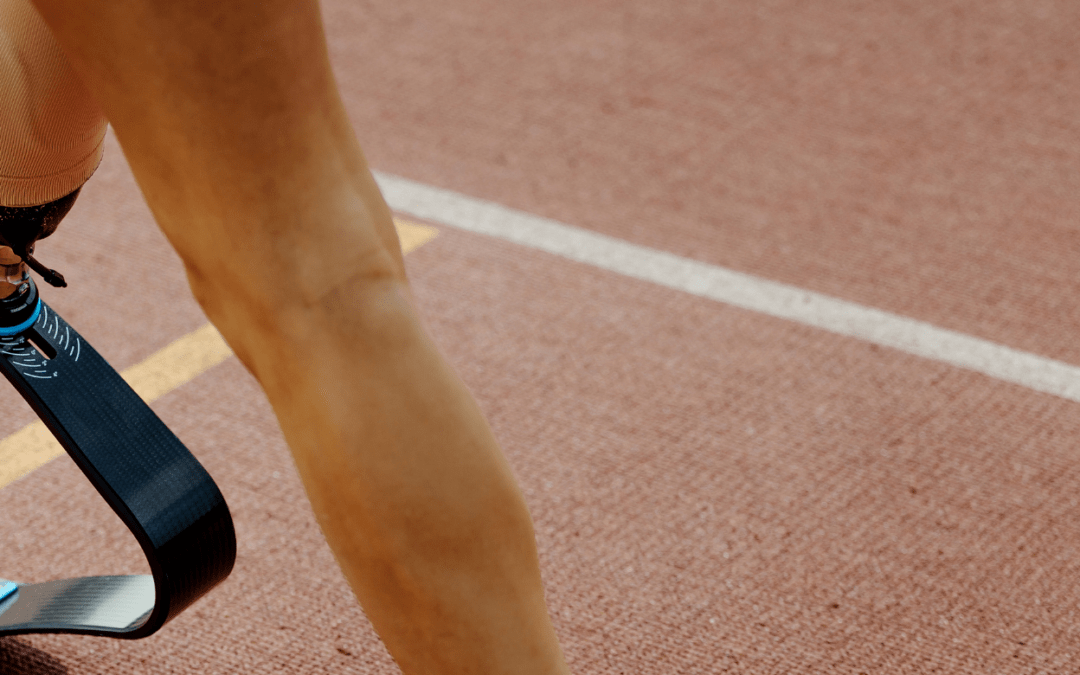Finding the best prosthetic for your circumstances is crucial if you want to protect your residual limb and body in the long run. When used and fitted correctly, a prosthetic can help keep your body safe and increase your mobility.
We’ve provided a brief list of things to consider when choosing a new prosthesis.
1. The Fit:
The most important factor for a successful artificial limb is the fit. A badly fitting prosthetic can cause many problems, including pain, sores, blisters, and an increased risk of falls or other accidents. Since a poorly-fitted prosthetic limb also makes motion and daily tasks more difficult, it can also cause a great deal of anxiety and frustration for the wearer.
Each person is shaped uniquely, and each surgical site and residual limb has a unique landscape to be fitted. Custom prosthetics are essential to ensuring a proper fit for your long-term needs and comfort. Custom prosthetics are carefully personalized for each individual patient, taking into account your level of amputation, durability demands, functional needs, and any potential future physical changes.
You’ll know you have the right prosthetic limb when it’s been professionally custom-fit to your body.
2. The Look:
There is a wide variety in the cosmetic appearance of prosthetic limbs. There are realistic-looking prosthetics, and more mechanically designed artificial limbs. Some amputees even opt for prosthetics that stand out as a stylish fashion accessory.
The look of your artificial limb depends on your personal preference. You’ll know that you’ve found the right artificial limb when you find a prosthetic that you feel confident wearing without losing mobility and functionality.
3. The Function:
To make sure that you find the prosthesis that works best for you, your prosthetist should ask about your life. What are the activities you enjoy? Are you an athlete? What kind of work do you do? What physical goals do you have? Are there any physical challenges in your home, neighborhood, or workplace? Your prosthetist should also assess your physical well-being, including considerations such as muscle strength, stamina, and balance.
Having a prosthetic limb does not need to slow you down or keep you from reaching your goals. You’ll know you’ve found the right artificial limb when you’ve found a prosthetic that is functional for your needs and desires.
4. The Technology:
Every year, the field of prosthetics advances with new innovations and groundbreaking technologies. While these new advances may be pricier, they can drastically increase the function, comfort, and performance of your artificial limb.
When selecting your prosthetic limb, make sure to do some research and ask your prosthetist about what kind of new technology is available for your situation.
Fit-Well has been a leader in the prosthetics industry for over 100 years here in Utah. Our experienced team is focused on each patient’s unique goals, desires, and needs, and we make sure to carefully fit and customize each prosthetic.
Call us at 801-364-3100 to schedule an appointment or to learn more!

